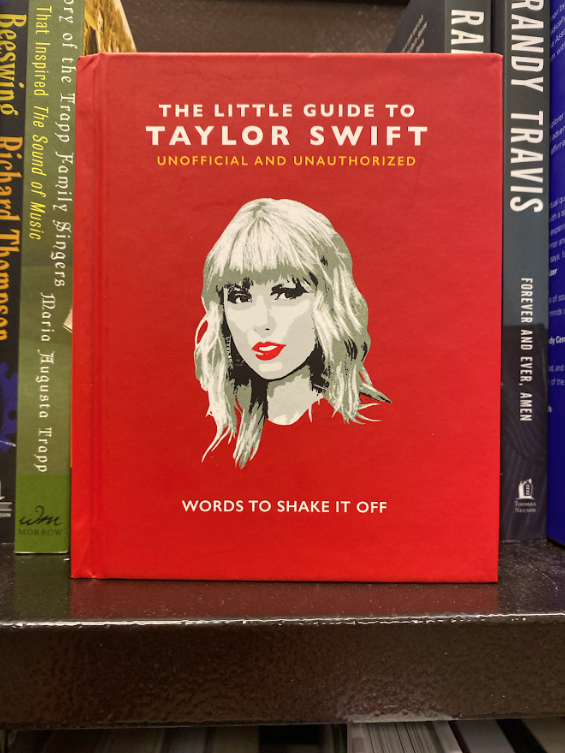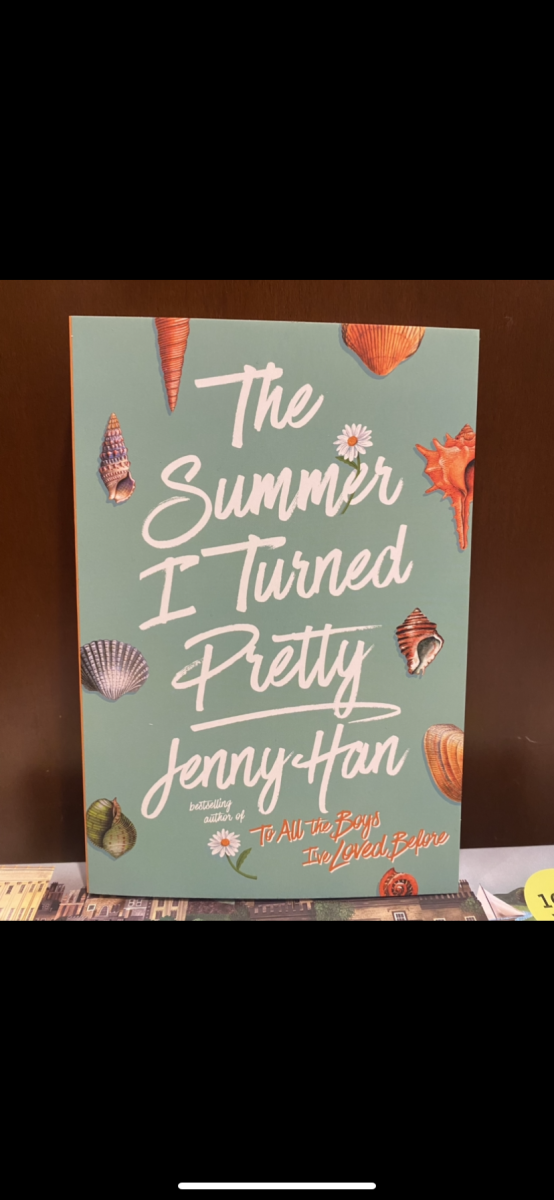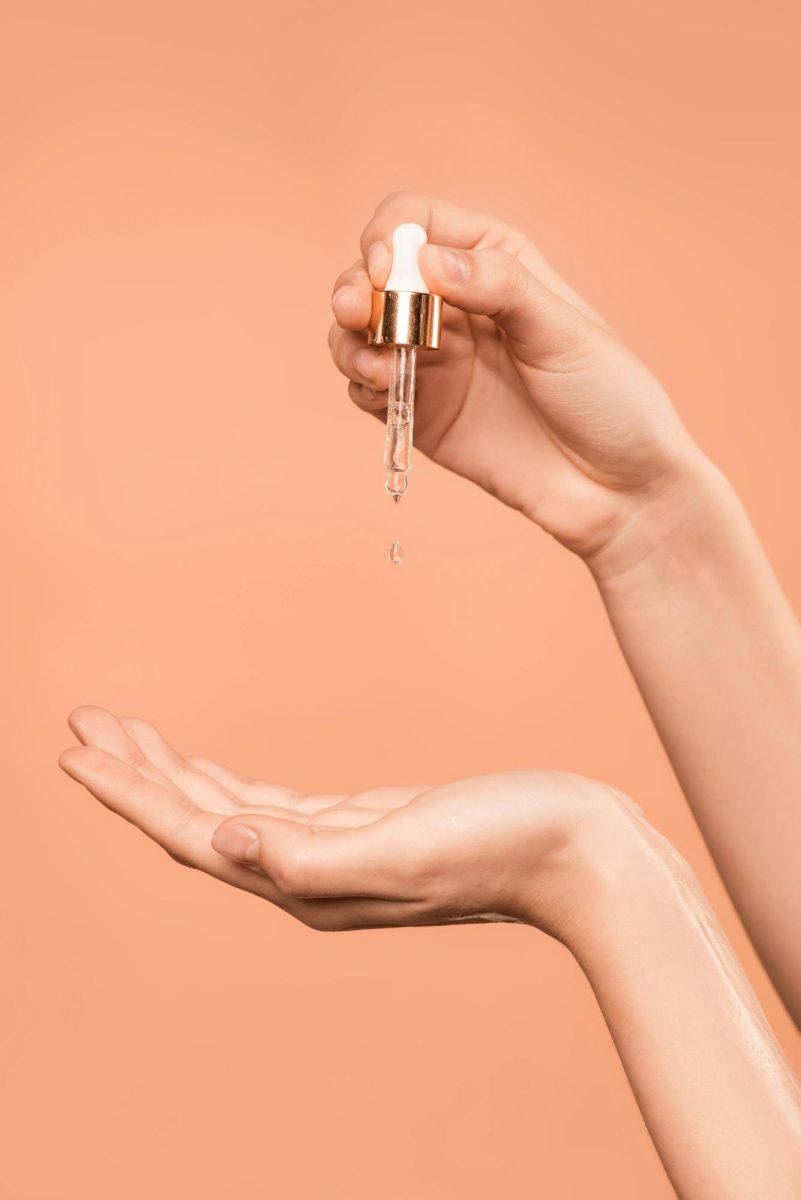We all know that summer programs are some of the best ways to engage with what we are passionate about. At some of these programs, we explore new fields and find out that we love a certain subject; at others, we further our interests and develop a better understanding of what our future could look like. At Dublin High, there have been many students who have attended summer programs which have allowed them to meaningfully explore the world outside of their usual school environment. To help you understand what it’s like at some of these programs, here is some background information and Q and A sessions about these programs!
Stanford Institutes of Medicine Summer Research
Stanford Institutes of Medical Summer Research (SIMR) is a renowned summer program tailored towards high school students interested in medical research. There are many fields you can explore, such as bioinformatics, cardiology, stem cells, immunology, and more.
Q and A with an Admittee: Isaac Kim
- What was your general experience like?
Hi, I’m Isaac, a senior in Dublin High School, and I was in the Bioengineering Team Internship for eight weeks. And, to be frank, my time there was the best eight weeks of my summer break! After an orientation on the first day, we were introduced to the actual bio designing process. Before this program, I thought it was more convenient that we should go from solutions to a problem, but to my gratitude, Ross Venook, a Senior Lecturer in Stanford’s Bioengineering department, opened my eyes to the whole process behind bioengineering. I think I must have gone through at least four sticky note stacks when I brainstormed which problem to tackle. In the end, my group and I really, really wanted to tackle mild traumatic brain injuries (mTBI) in football players. After watching my first full NFL game in the lab, I was shocked to find that about 99% of former NFL players have chronic traumatic encephalopathy, a progressive and fatal brain disease associated with repeated TBIs. Working alongside three other interns, we sketched out many solutions to the problem, from using heart variability to footage analyzing AI. After we finished our biodesign process, I was delighted that we prototyped a helmet that can diagnose concussions with an eye-tracking and diagnosis algorithm! After eight weeks of going through this process, we gave presentations to the other interns and shared our research with all types of audiences at the Poster Session, including PhD students, SIMR alumni, and professors.
- How was the work and life balance?
As a bioengineering intern, I come in at 8 a.m. to work on my project in a cafe nearby. After this, at 9 a.m., we have group work time or lectures. Then, around 12 p.m., we have an hour lunch break ‘til we finish off our day at 4 p.m.
However, the long hours go by so fast because the whole process is really, really exhilarating, especially when you’re working in a team. As nerdy as we get, together we all brought different innovations to life. I really enjoyed seeing others also make an impact on problems such as eye drop misuse. Like, did you know that only 3% of people actually use their eye drops correctly? Anyways, other than our project, after around 4 p.m., we always hang out, whether it be the occasional program-planned bondings with the rest of SIMR, including a campus-wide scavenger hunt, or volleyball, basketball, and soccer with other Bioengineers. I even played a duet with a cellist I met there!
- How has this experience affected you?
Honestly, some of the lecturers were really inspiring and also eye-opening. I already mentioned Ross Venook, who has experience in both academia and industry, but I also met bioengineers like Josh Makover and Mark Skylar-Scott. Josh Makover exemplified really well what it’s like to be a bioengineer in industry, revealing just how big an impact one’s innovations can have on healthcare, while Mark Skylar-Scott gave a glimpse of the amazing feeling that you get after making a breakthrough by talking us through the steps he took to make a beating 3D-printed heart. If you have the chance, you should definitely check out his lab and the research he has done. It’s amazing how far technology has gone in so little time.
- Any advice for future applicants/admittees?
Just show your passion for medicine as well as you can, whether it be stem cell research or building a new biotech! The professors and graduate students are really amazing, making breakthroughs in so many ways. One even took the idea of removing plaque from arteries and applied it to fungi sinus infections, creating an alternative to destroying bones near our sinuses. Once you start working, it’s really awe-inspiring and makes you really want to do more! In fact, I’m continuing my work with my fellow SIMR interns.
COSMOS (California State Summer School for Mathematics and Science)
COSMOS is a prestigious summer program in which high school students with a keen interest in mathematics, science, technology, and engineering are provided with an immersive and challenging academic experience to foster their passion for STEM subjects. COSMOS offers a variety of specialized courses in fields such as biology, physics, computer science, and engineering taught by UC faculty and researchers.
Participants have the opportunity to engage in hands-on experiments, research projects, and team-based activities, gaining valuable skills and knowledge while living on a UC campus for four weeks.
Q and A with Admittees: Esha Shenoy and Iris Yuan
- What was your general experience like?
- Esha Shenoy: I got into Computers in Robotics and Biophysics at UC Davis. It was really great! There were a lot of evening activities where you could explore the campus and bond with people. As for the program, I really got to learn how to simulate the random walk of a molecule using Python and how to program lego robots.
- Iris Yuan: I got into Cluster 7 – Intro to Plant Microbiology. To get the gist of it, classes start at 9 a.m., when professors give lectures, and then you get into labs in the afternoon. My project was based on choosing a plant and coming up with a problem by looking at its microbiome. I decided to study a tree’s micro biodiversity in its leaves and see how sunlight affects the microbiome. After this, I grew microbiomes on agar plates and presented my findings to actual researchers.
- How was the work and life balance?
- Esha Shenoy: Pretty good, but different from the usual. You gotta manage your own schedule like how one would in college, whether you’re going out to do activities or finishing off some work. As for activities and the time I spent there, I made some life-lasting friends there.
- Iris Yuan: It was a lot of living in college. You have to get out and buy your own things, learn to take care of your own room and money, and manage your own schedule. It’s a really good way to understand how life would be once you get to college or get a job.
- How has this experience affected you?
- Esha Shenoy: I found one of my closest friends there and made many great memories!
- Iris Yuan: It definitely opened my eyes to a life independent of my parents. It also allowed me to step out of my comfort zone to speak to new people and professors.
- Any advice for future applicants/admittees?
- Esha Shenoy: Just be yourself when writing your application. The professors there are the ones who read them. My friend once wrote an essay on doraemon bread.
- Iris Yuan: If I have any advice, definitely try to show your personality and talk more in class. Ask questions whenever you can! This is a rare opportunity to talk with professors as a high schooler.
Westpoint Summer Leadership Experience
The West Point Summer Leadership Experience (SLE) is a summer program hosted by the United States Military Academy at West Point. It is designed for high school juniors who are interested in exploring the possibilities of a military and leadership career. The program offers a unique and immersive experience that provides participants with a glimpse into the life of a cadet at West Point.
Q and A with an Admittee: Isaac Kim
- What was your general experience like?
Hi, it’s Isaac again. My experience at SLE was definitely new to me. From day one, after you arrive from the airport, you’re living the military experience. On R-Day (the first day), you just gotta remember two things: two yellow lines on their shoulder means they’re a sergeant and you gotta hustle. Soon after check-in, you get to meet your roommate(s) and have a very filling dinner. Honestly, they make so much food it’s astonishing. I think there was always enough we could get third serves. Anyways, I quickly learned that Westpoint is really about the community. The people there are really supportive and I definitely loved my platoon and squad.
- How was the work and life balance?
It was physically rigorous but I definitely enjoyed everything. Some mornings we woke up around 4 a.m. and others 5 a.m., but that just meant we would get to do more each day. We did morning runs and physical training, squad obstacle courses, combative training, and squad challenges. My favorite activities at SLE were probably squad obstacle courses and squad challenges. At the obstacle courses, I worked with my team using just a board, pipe or two, and a rope to get through different obstacles across a fake bottomless pit. On the other hand, during the challenges, we also were introduced to caterpillar push-ups and practicing relays across other obstacle courses.
- How has this experience affected you?
It was eye-opening to not only me but I guess other candidate cadets. We all appreciated the hard work it takes to be a cadet at West Point.
- Any advice for future applicants?
Definitely takes some level of physical endurance, so definitely would train up after taking a look at the Cadet test. But, also take advantage of the free classes you get at this program! I got to learn a little Arabic, look into environmental engineering and sociology, and even learn how to solve a Rubik’s Cube for the first time (and why the solution works).
Michigan Math and Science Scholars
Michigan Math and Science Scholars is a summer program that exposes high school students to current research in the sciences and encourages the next generation of researchers to further their passion in math and science.
Q and A with an Admittee: Sophia Lee
- What was your general experience like?
Sophia Lee: I took Hex and the Four CS at Michigan, and it was absolutely incredible. There’s really no other way to describe it because it’s life-changing! Just by itself, the class I took, which was a mix of set theory and calculus, was super fun. It really took me into a side of math that they don’t really go over in your typical school class. There was also a huge cultural side to the campus. Living in dorms on Michigan Campus with people I got to know very well and exploring the college city was really eye-opening. It makes me really excited to move on to the college stage of life. I still keep in touch with everyone that I met there and we study for AP exams together every year.
- How was the work and life balance?
Sophia Lee: It was taking a college class in Dublin while going to six hours of classes a day in Michigan time, so it was definitely a struggle, especially because I wanted to use the experience to the fullest and explore Ann Arbor with friends. The camp itself definitely has a good work life balance—you spend your mornings and afternoons learning and you can spend your late afternoon to evening exploring and participating in camp-organized activities with friends. As nerdy as everyone is, my favorite activity was basketball because everyone wasn’t exactly an NBA player but we also were very energetic and into it. Even with the classwork I had to do from home, it was still a great experience and I wouldn’t have skipped it for anything.
- Any advice for future applicants/admittees?
Sophia Lee: Make friends with everyone! I hung out with three different groups of people in just two weeks, and I found out that the third group just really clicked with me. There were so many people you’ll meet from all different backgrounds because this program brings people from across the world and the country (I even met someone from Britain and another person from Korea). Don’t be scared to spend your time studying and doing nerdy things because it’s a math and science camp! Trick a British guy into thinking every American state has a different number of cents in a dollar, hide a boiled egg white in frozen yogurt, have class outside in a thunderstorm, invent ridiculous games that involve Elon Musk and necromancers, and enjoy all this with the credentialed professors there! Even if it’s a STEM camp, it’s still a summer camp and worth having fun in your free time (Plus UMich is beautiful as well as the college town so go explore).
Emerging Innovators Research Program
Emerging Innovators Research Program is a summer program instructed by Shanti Balaraman (the president of Stanford University Chapter of Sigma Xi) that exposes high school students to current research in the sciences and encourages the next generation of researchers to further their passion in math and science. It focuses on next-generation thinking strategies, such as disruptive thinking and creative approaches. Research here spans various industries but also uses sustainable solutions that increase productivity, efficiency, and effectiveness.
Q and A with an Admittee: Ram Valliappan
- What was your general experience like?
Ram Valliappan: We had classes for around five hours a day, which captured most of our lectures and research, allowing me to also enjoy other summer activities such as taking an intro course to neuroscience at UCLA and shadowing at the PSG hospital in Coimbatore, India. Overall, it opened my eyes to research and gave me general curiosity about our world. After this program, my mind was always after learning new things and coming up with new approaches. Overall, this program shaped who I am today.
- Advice for future applicants/admittees?
Ram Valliappan: My advice for future applicants is to find something that you’re passionate about and try to leave an impact on the world. You’ll enjoy the work and make similar-minded friends. If you would like to see some testimonials, you could find them at https://emerginginnovators.org/#top-title. Come check out my article—it’s the third one from the top!

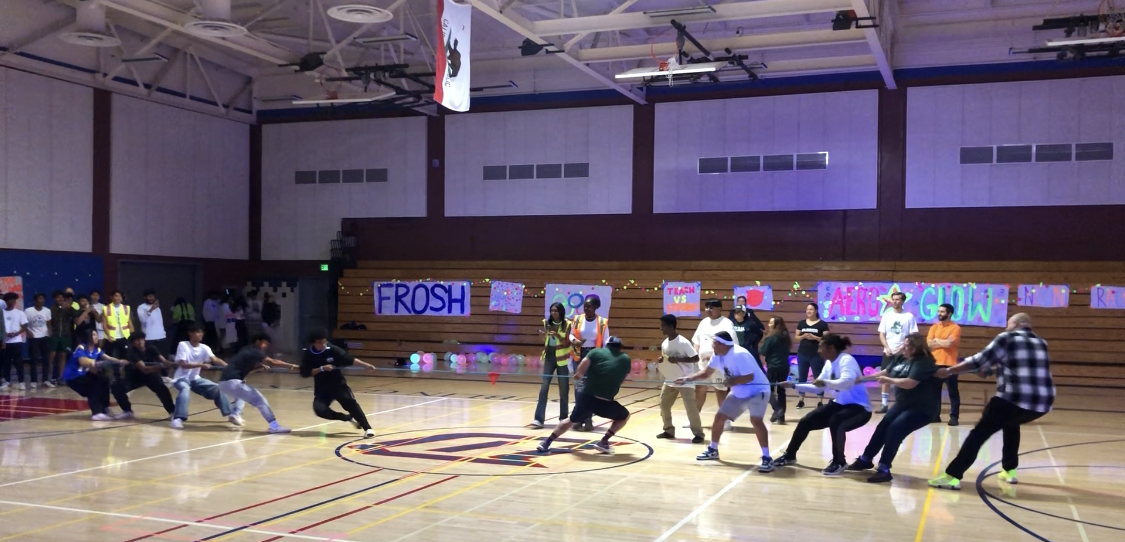
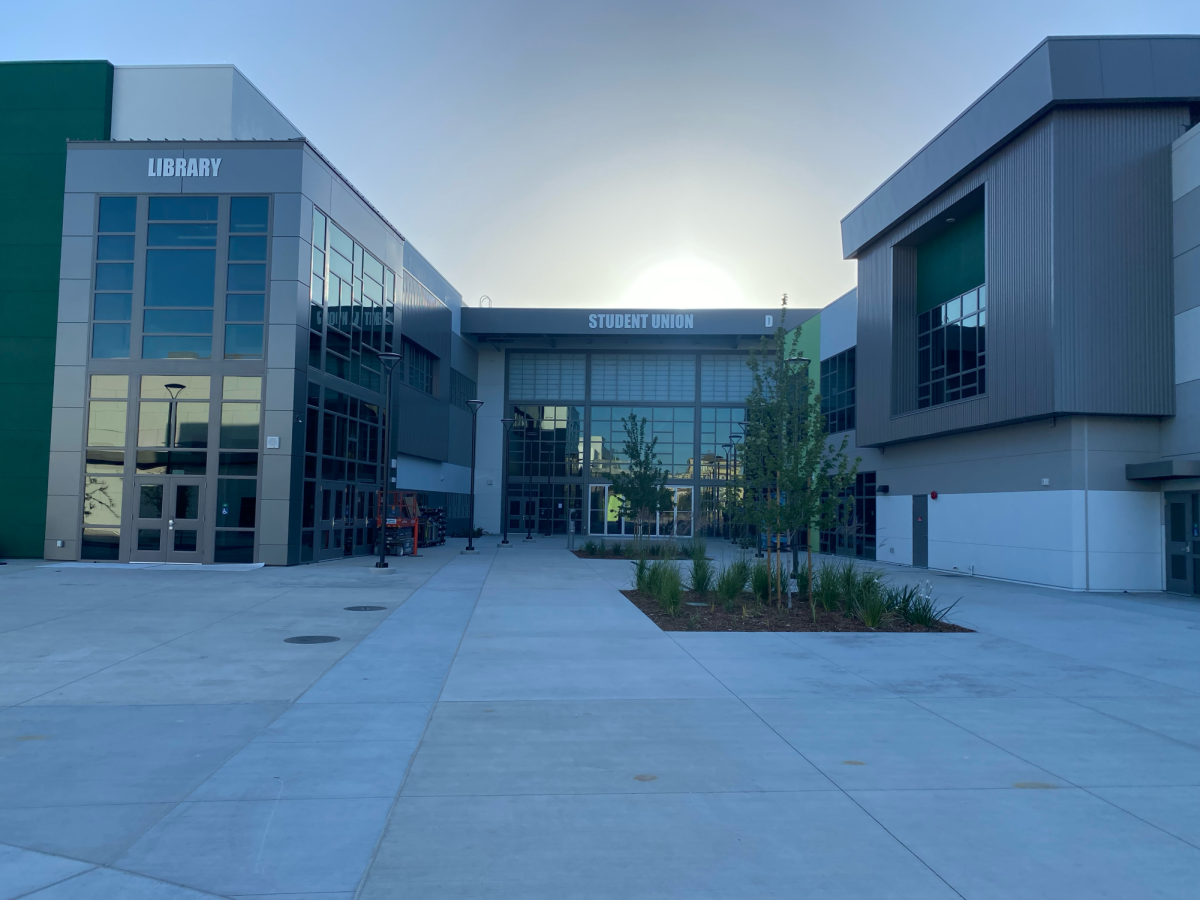
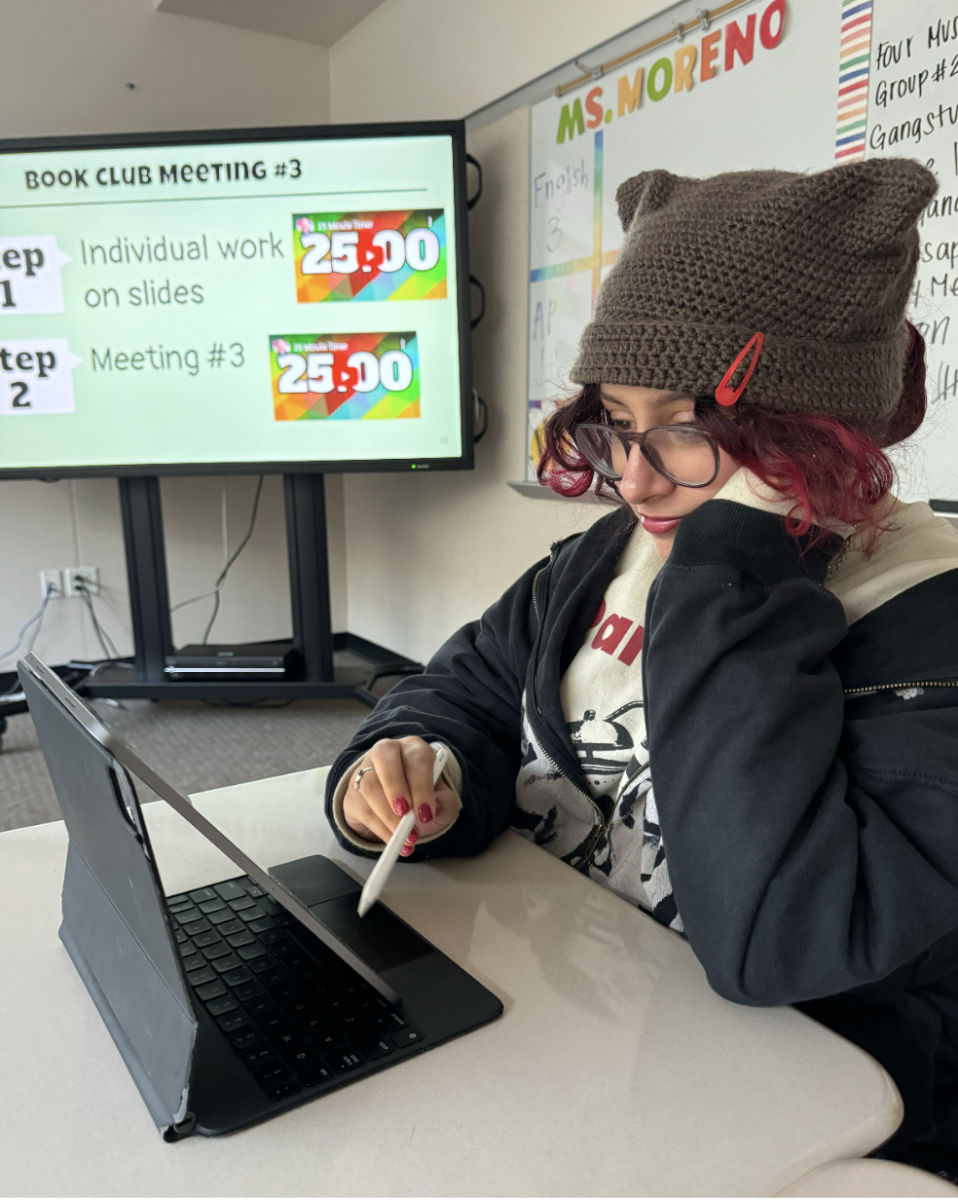
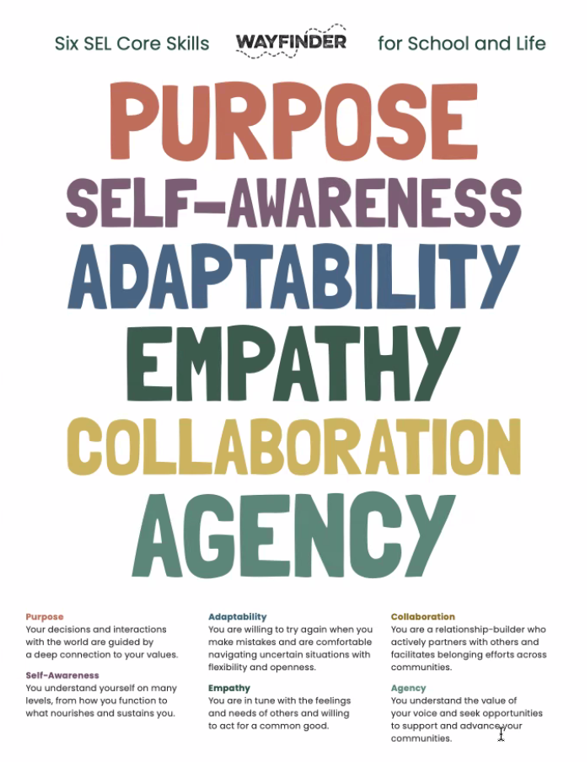
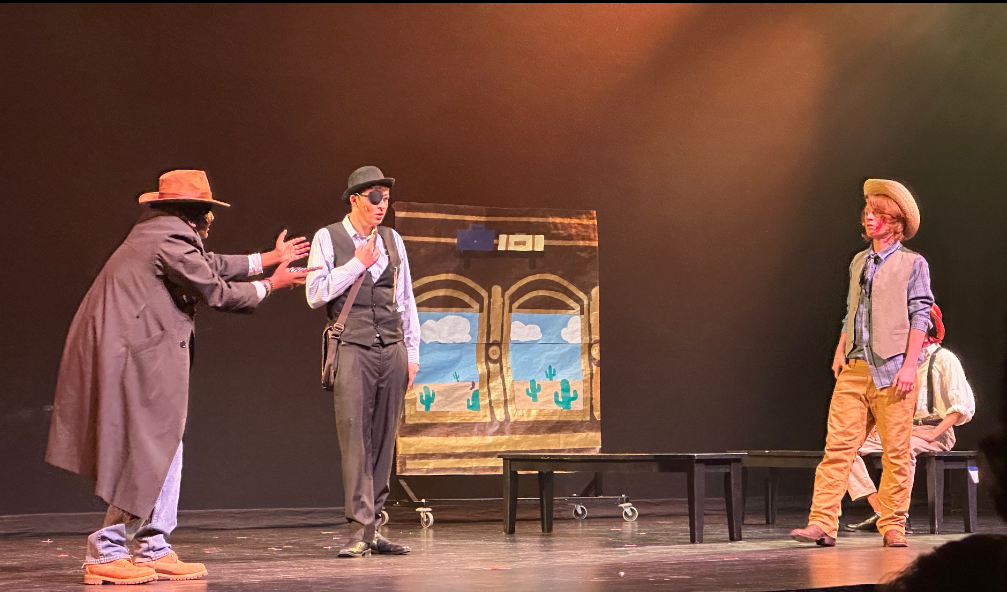


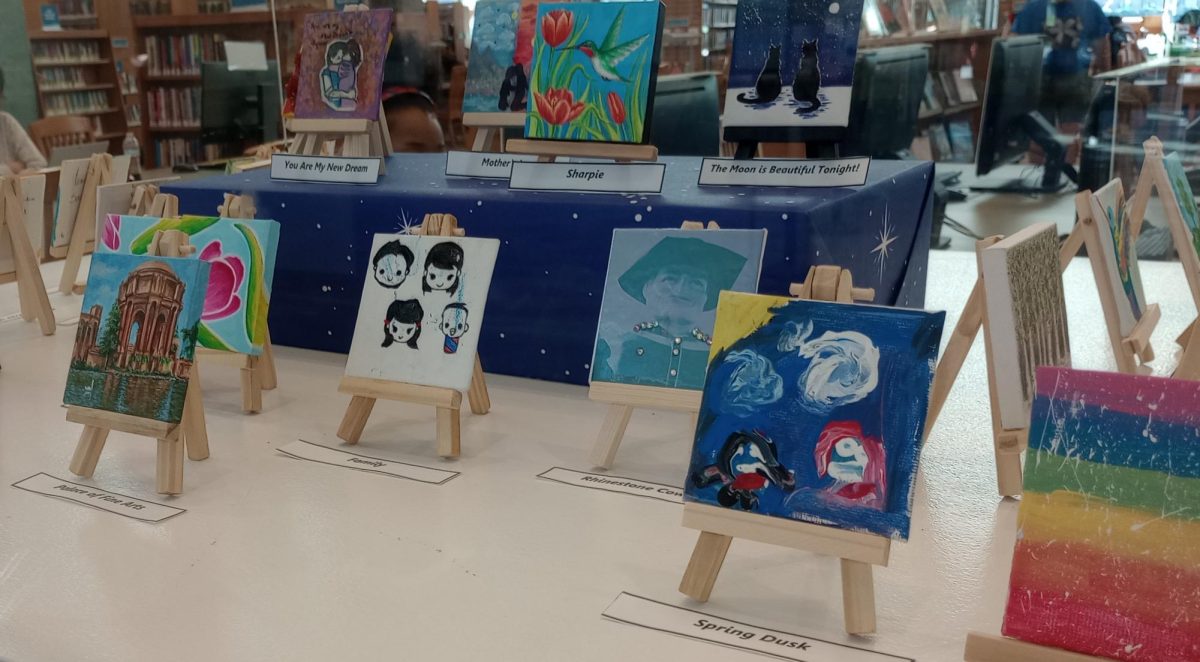
![[Book Review] Weapons of Math Destruction: The insidious danger of Big Data](https://thedublinshield.com/wp-content/uploads/2024/06/wmdsarticle-727x1200.jpg)
